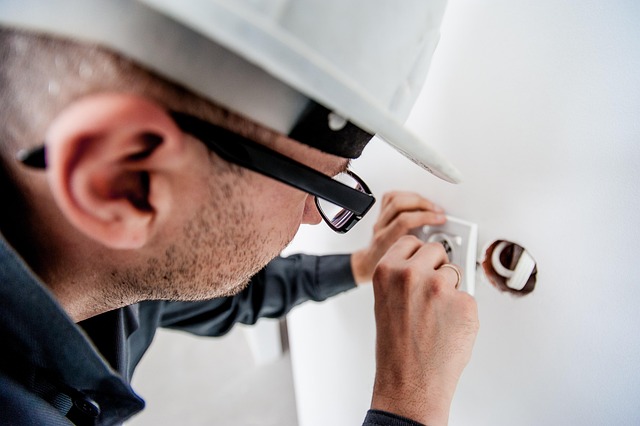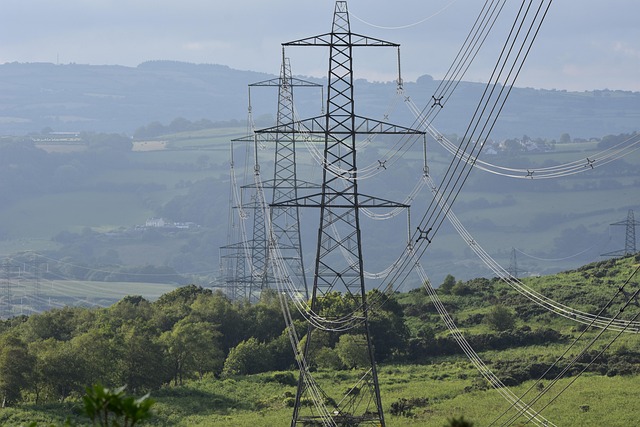Basic electrical safety, guided by a qualified electrician, is key to preventing hazards and prolonging system lifespan. They educate on avoiding live wires, using grounded extension cords, preventing circuit overload, and regularly inspecting appliances. Following these measures protects against risks like fires and damages, ensuring safe practices and safeguarding valuables from potential disasters. Regular inspections are crucial for identifying outdated wiring and faulty outlets.
“Staying safe around electricity is paramount for any homeowner. This guide, crafted by a seasoned electrician, aims to educate and empower you with essential knowledge about electrical safety. From comprehending basic safety measures to preventing common hazards, these insights are designed to ensure your peace of mind. Learn how to identify potential risks and take proactive steps to protect yourself and your loved ones. Let’s unravel the mysteries of electrical safety together, one step at a time.”
Understanding Basic Electrical Safety Measures

Understanding basic electrical safety measures is paramount when dealing with any electrical system. As a client, it’s crucial to grasp fundamental concepts like never touching live wires or exposed circuitry, and keeping a safe distance from power sources during operation. A qualified electrician can educate you on these practices, ensuring that your interactions with electricity are as risk-free as possible.
They’ll also emphasize the importance of using properly grounded extension cords, avoiding overloading circuits, and regularly inspecting appliances for signs of damage or wear. Adhering to these safety measures not only protects you from electrical hazards but extends the lifespan of your electrical systems, preventing costly repairs or replacements.
Preventing Common Electrical Hazards at Home

At home, electrical hazards can often go unnoticed, but they pose significant risks. A common danger is overloading circuits, which can lead to fires and damage to appliances. It’s crucial to understand that each circuit has a specific capacity, and exceeding this limit by plugging in too many devices can cause overheating. An electrician recommends using power strips wisely, ensuring they don’t overload your circuits, especially during peak usage times like holiday seasons or hot summers when air conditioners are running continuously.
Another hazard is outdated electrical systems, which may include old wiring or faulty outlets. Such issues can result in electric shocks, fires, or even electrocution. Regular inspections by a qualified electrician are vital to identify and rectify these problems. They can assess the condition of your home’s electrical system, replace outdated components, and ensure safe practices like proper grounding and surge protection, thereby safeguarding your family and valuables from potential electrical disasters.
When it comes to electrical safety, knowledge is power. By understanding basic electrical practices and preventing common hazards, clients can ensure their homes are secure and reduce the risk of accidents. A qualified electrician plays a vital role in educating and implementing these safe systems, making sure every home is equipped with the necessary tools for prevention. Remember, proper usage and understanding of electrical systems can avoid potential dangers and create a safer living environment.
